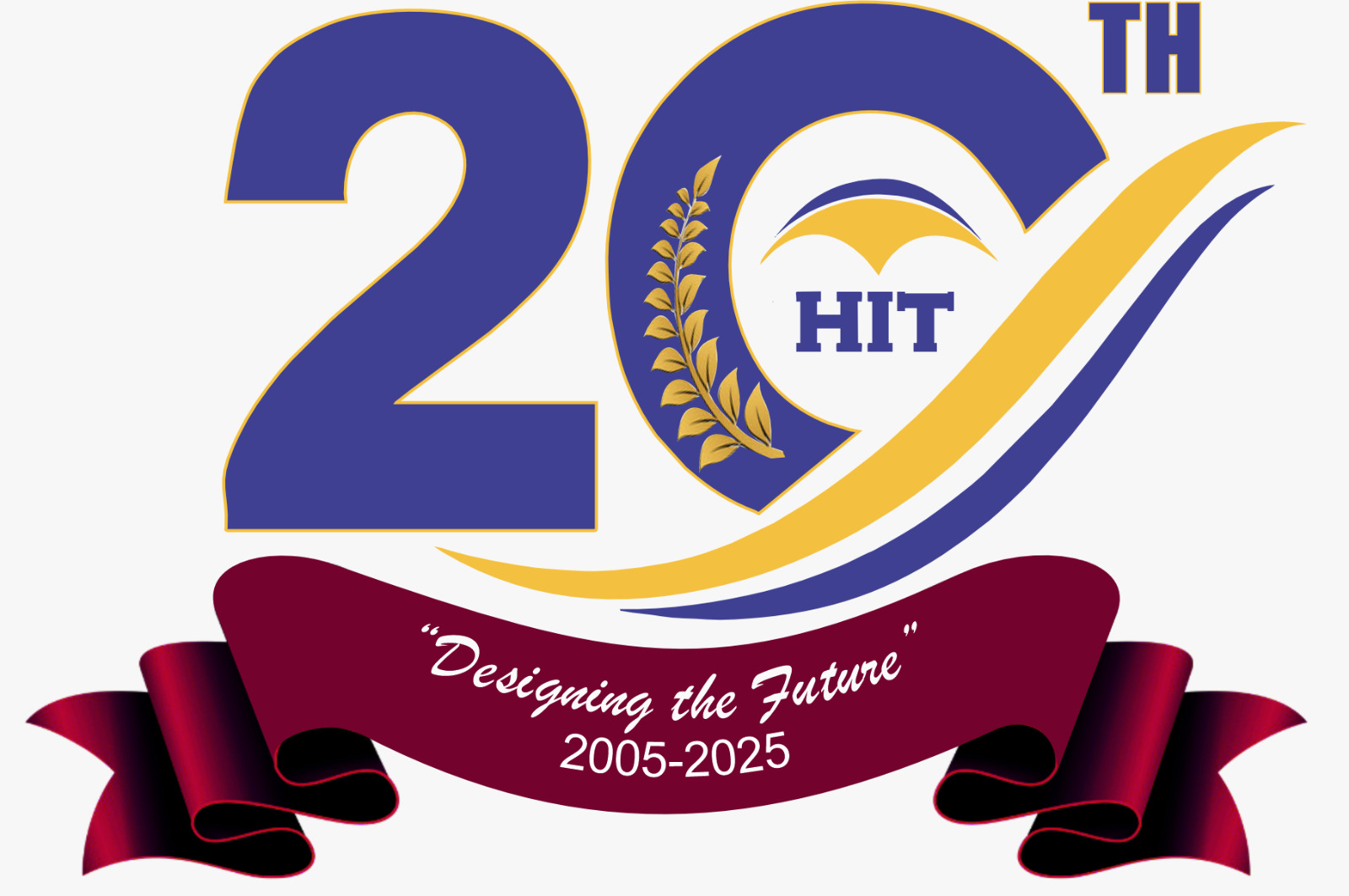Department of Pharmaceutical Technology
The Harare Institute of Technology`s School of Industrial Sciences and Technology offers the Bachelor of Pharmacy (Honours) Degree which is a four year study programme offering the opportunity for each student the opportunity to apply and demonstrate their acquired knowledge and skills in an industry based project.
The course develops hands on experience with integrated project design and development. practical professional relevant projects are usually selected in concert with the department`s industrial partners.
The Bachelor of Pharmacy (Honours) Degree programme includes the methods techniques and instrumentation in the manufacture, preparation, compounding, dispensing, packaging, storing and analysis of drugs from either natural or synthetic origins.
This programme aims to provide Zimbabwe with the required pharmacists who are able to support development, registration, manufacture and distribution of safe, quality and efficacious medicine in the country meeting the nation`s public health objectives as well as fulfilling the pharmaceutical industry`s requirements to face present day and future GTA challenges.
The Pharmacy study has a multidisciplinary curriculum that provides the graduates both the theoretical knowledge and practical skills to serve in the various disciplines of pharmacy and pharmaceutical industry. It also gives the students the fundamental aspects of the chemical, biological and medical knowledge in order to develop skills required to understand the complex relationships between the drug actions and drug designs. This programme also provides the students with the necessary background and understanding of industrial unit operation and instrumentation control in drug manufacture.
Furthermore, the programme also dev lop the technopreneurial skills required to create, manage high growth, scalable business enterprise. It also has a strong component of project based learning to enhance the creative thinking and innovative attitudes required for drug research and development.
Programme Structure
The Bachelor of Pharmacy (Honours) Degree programme is designed such that on completion of its courses the graduates should be able to understand how pharmaceutical products are developed, manufactured and brought to the market place, read and enterprete prescriptions and other orders of medicines, formulate and manufacture the different drug dosage forms upon request, dispense drugs in accordance with the pharmaceutical knowledge, legislation and codes of professional conduct and practise.
This programme also provides information about the appropriate and safe use of medicines and prevents drug abuse, evaluate and analyse drugs and manipulate the safe storage and distribution of pharmaceutical materials and products.
The students must be able to understand the unit operation and instrumentation control in drug manufacture, and take part and function on multidisciplinary teams in the research into new pharmaceutical products as well as develop innovative formulation technologies for pharmaceutical raw materials, both natural and synthetic in origin. The students of this programme must be able to communicate effectively thru written reports and orals representation, and have logical reasoning and imaginative approach to resolve challenges in drug designing and manufacture.
In addition, the graduates should be able to apply principles of quality assurance mechanisms in all aspects of professional activities, create and manage high growth, scalable business enterprises and engage in lifelong learning.
The Bachelor of Pharmacy (Hons) Degree is structured into a full time course delivered over four years. It gives approximately 3 700 hours. student contact time . Each academic year (part) with the exception of the third year is divided into two semesters with each semester being 15 weeks long including examination time.
The third year consists of a study stage of 15 weeks duration commencing at the end of august and ending mid December. The semester is followed by 30 weeks internship in industrial pharmaceutical companies or pharmacy settings such as community and hospital pharmacies, private and chain drug stores, research laboratories and wholesale drug companies. The internship commences at the end of semester I of part III.
The student must also undergo pharmacy practise training for a minimum period of 300 hours at a hospital or retail pharmacy during the 2nd year summer vacation at a hospital under the supervision of a registered pharmacist and the administration of the Pharmaceutical Technology Department. This pharmacy practise training is a prerequisite for graduation.
The First, Second and Fourth academic year, normally commences at the end of august and ends at the end of May. There is a semester break of one week.
The pharmacy graduate must undergo a one year training period in a hospital or a retail pharmacy for registration with the Pharmacist Council of Zimbabwe.
Entry Requirements:
At least five subjects at ordinary level with passes in chemistry, biology, physics or computer science as well as three advanced level passes in chemistry, biology, physics and mathematics.
Other entry requirements for acceptance to this programme are the National Diploma (ND) and or a Higher National Diploma (HND) in Pharmaceutical Technology or its equivalent with at least five Ordinary level passes in Chemistry, Biology, Physics, Mathematics and English language.
Career Prospects:
Opportunities in the pharmaceutical industry are some of the best available locally and regionally. Pharmaceutical companies need pharmaceutical professionals and managers with knowledge skills of production, process control, machinery, quality control and marketing of pharmaceuticals and development of new or improved products.
Graduates can also work in community and hospital pharmacies, private and chain drug stores. Employment opportunities also exist in the research and development centres, pharmaceutical laboratories and institutes as well as in state services such as medicines licensing.
This course develops hands on experience with integrated project design and development. Practical professionally relevant projects are usually selected in concert with the department`s industrial partners.

